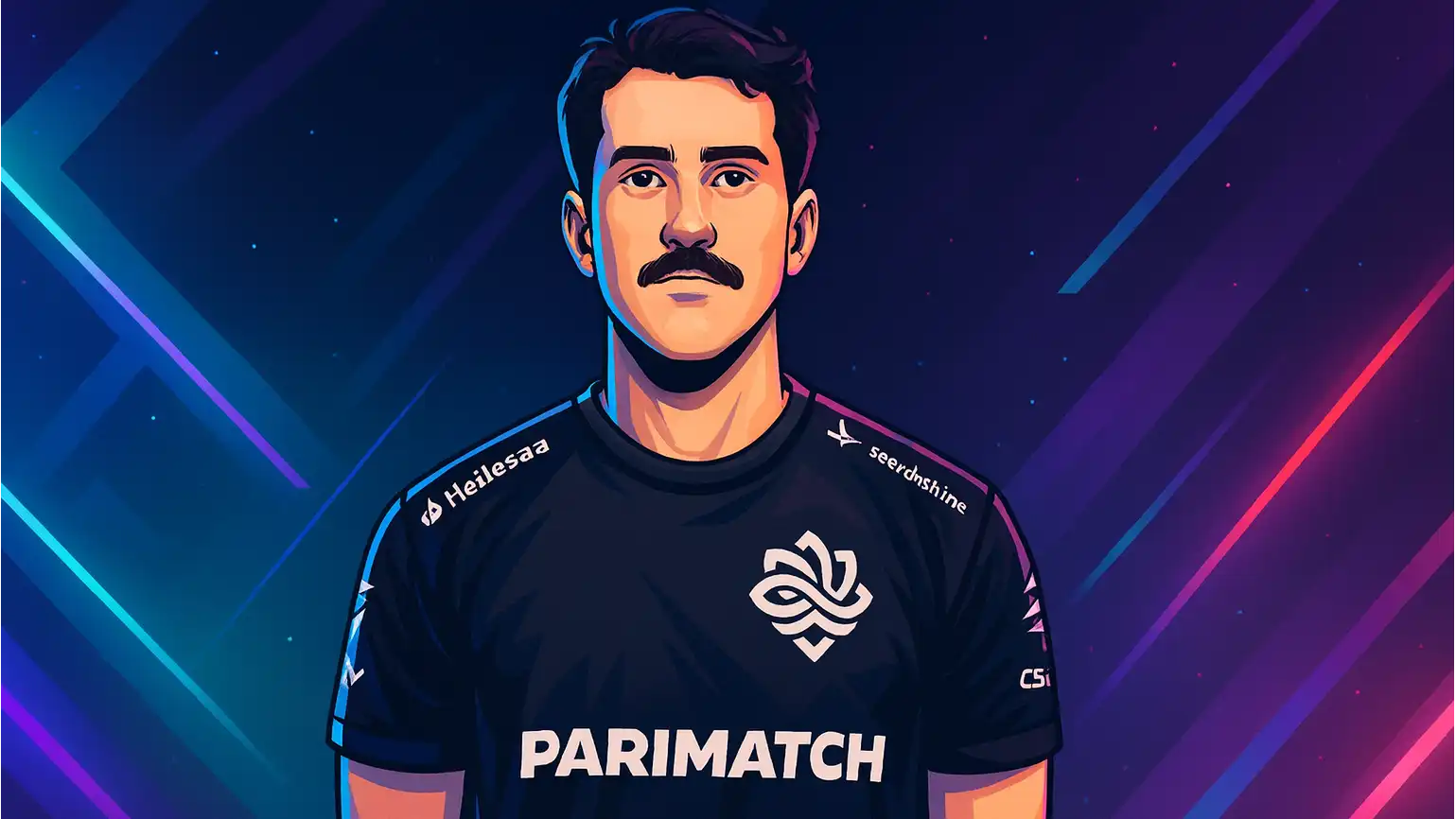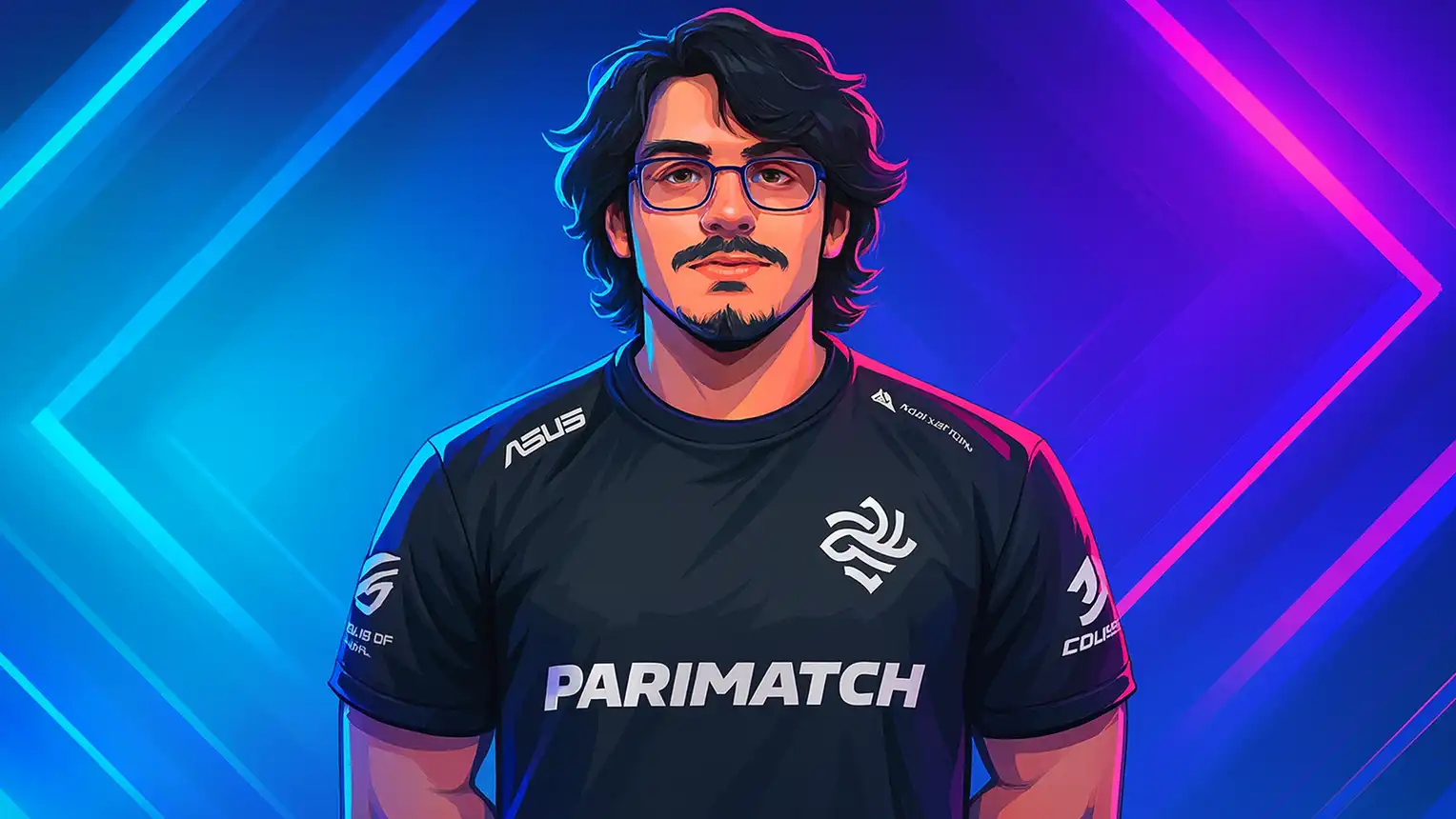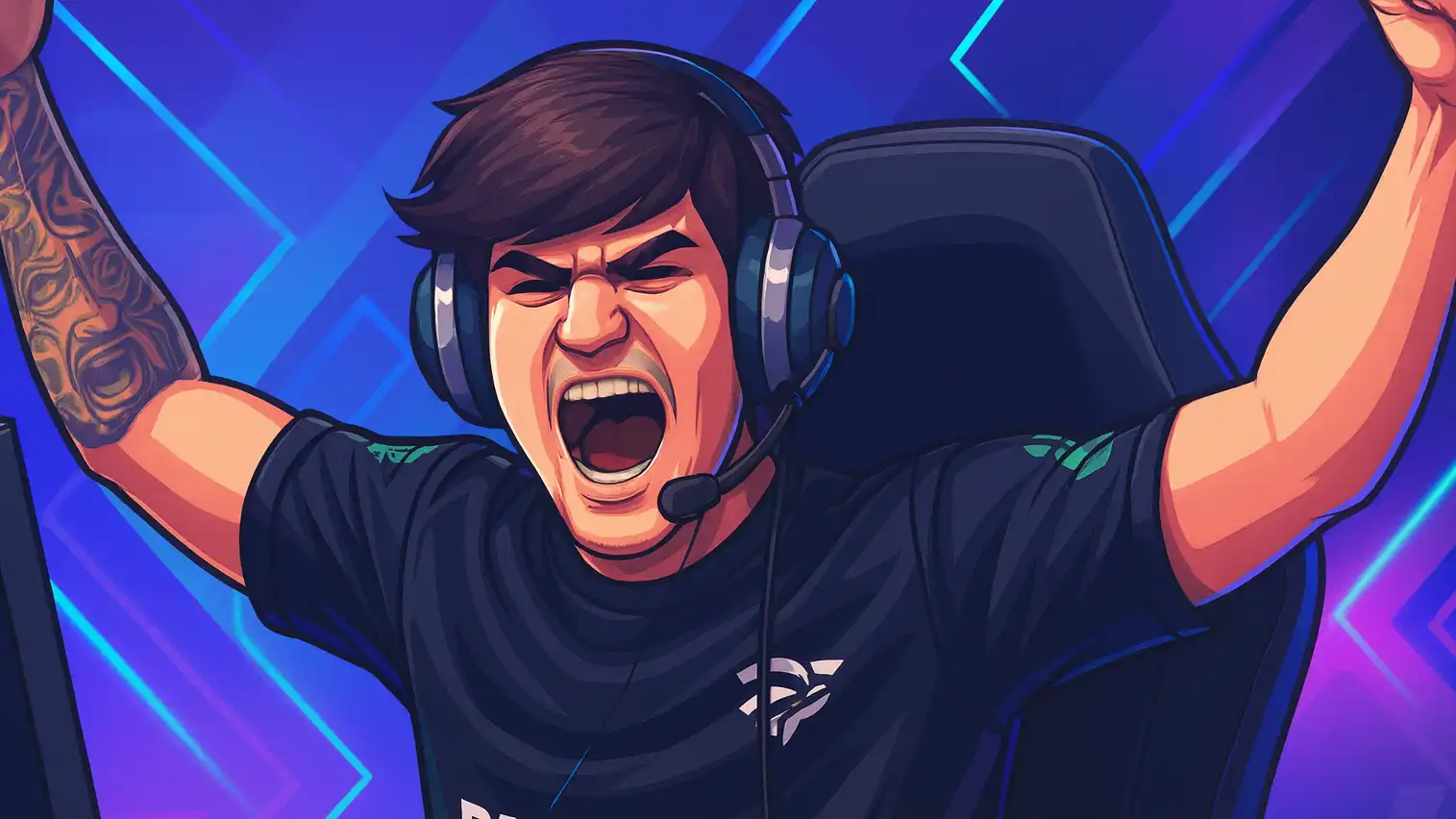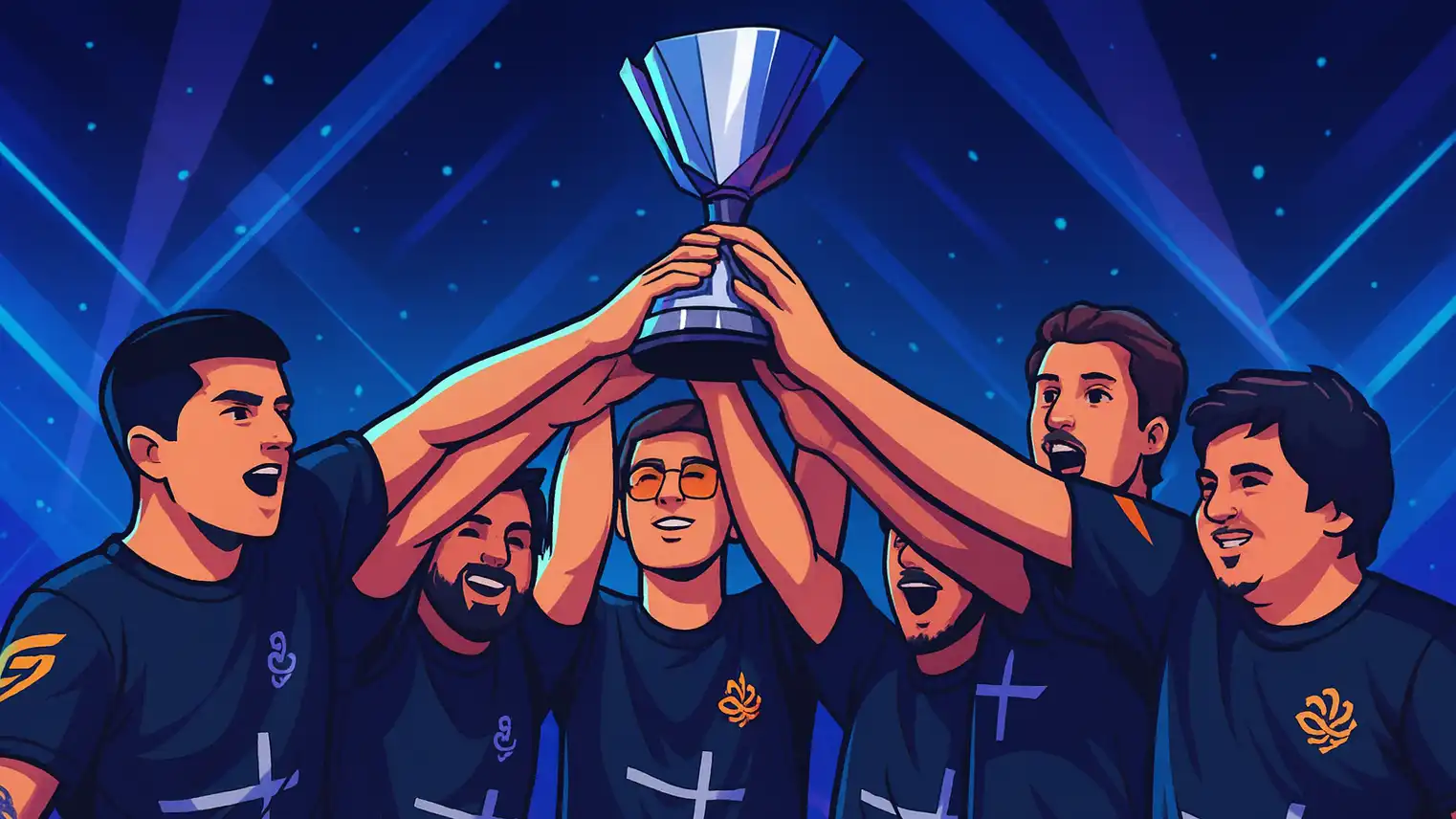lux on Legacy’s growth: “We need to pressure ourselves to improve, but not be hard on our teammates”

lux on Legacy’s growth: “We need to pressure ourselves to improve, but not be hard on our teammates”
1. A turbulent season and renewed mindset
The Brazilian squad Legacy arrived at the CS Asia Championships 2025 in Shanghai carrying a heavy load of expectations—and internal friction. After enjoying one of their best results at the BLAST.tv Austin Major 2025, the team struggled to maintain the momentum. As the team’s in-game leader, Lucas “Meneghini” “Muxe”, known as “lux”, admitted, the group entered a negative spiral. He said:
“After that good result, we started to pressure ourselves more, feeling that we couldn’t make some mistakes. Then we weren’t being so good as teammates. We started pressuring ourselves, entering these bad vibes, bad moods. Now we’re trying to restart our team, our goals… and I think that’s working.”
The shift in mindset became the central theme of Legacy’s turnaround. Rather than focusing purely on mechanical practice, lux and the squad chose to reset their internal culture, emphasising positive reinforcement and team cohesion.
2. Culture first — “good vibes only”
One of the most striking changes was in the way Legacy approached communication and atmosphere. lux underlined:
“We are trying to get good vibes, no reviews in game, just good ones. But not like, ‘come on man, what are you doing…’ tilts, something like that—just good vibes.”
This means that the team reduced the number of harsh critiques or blame during matches, focusing instead on mutual support and collective evolution. As lux put it:
“We need to pressure ourselves to be better, of course, but we don’t need to be hard on our teammates.” “Everybody wants to win, but sometimes you’re just trying to be right in the discussion, you’re not trying to win.”
By acknowledging that chasing correctness (or being “right”) sometimes eclipses the ultimate aim (victory), Legacy aimed to free up the players mentally, enabling them to play with more confidence and less internal tension.
3. Performance in Shanghai: proof of change
Legacy’s run in Shanghai showed signs that the cultural reset translated into on-stage strength. After topping input in the groups (including a 13-2 dismantling of Virtus.pro), they overcame a tense 2–1 series over FUT in the playoffs.
In the FUT match, lux provided insight on their performance:
“We had a great gameplan, but we kinda fumbled that 5v2, and I think that entered into our mind, it was inevitable. On Inferno, we used all the pauses we had… we kind of had a gameplan to play more 3 A and 2 B, and then we were fumbling on B and we had to create something new.”
What emerges is a willingness to adapt mid-game and unblock mental plateaus—highlighting that the internal reset wasn’t just talk but manifested in decisions under pressure.
4. Looking ahead: Bucharest and beyond
With Shanghai running its course, lux made it clear that the upcoming PGL Major Bucharest 2025 looms large. He noted:
“After this event we have Bucharest, and after that we are going home for one week … because we have been away from home for three months.”
The one-week break after months on the road offers both mental recharge and strategic reset—crucial for teams that want to sustain results rather than rely on a single run. Moreover, despite being in Stage 1 (a weaker bracket) for the Major, lux underlines that they must “finish the thing we’re doing,” referencing a Brazilian phrase about avoiding complacency when ahead.
5. Why this matters: mindset in modern CS2
In the evolving meta of Counter‑Strike 2, teams aren’t just defined by firepower and utility usage—they’re defined by resilience, adaptability, and internal climate. Legacy’s public acknowledgment of “bad vibes” and their shift toward positive culture is emblematic of modern esports thinking: mental states often influence performance as much as map tactics. lux as IGL is not just directing smoke lines, but managing moods, focus and group psychology.
If Legacy maintain this approach—pressure without punishment, unity instead of blame—they may be positioned to make a deeper run than this tournament alone.
6. Key takeaways
-
After high expectations post-Austin, Legacy experienced internal pressure and mental turbulence.
-
Their reset emphasises a supportive team culture (“good vibes”) and stepping away from blame.
-
Performance in Shanghai (including the win over FUT and group success) underlined the shift was real.
-
The upcoming Bucharest Major is an important next test—with a week of rest and regrouping as a built-in advantage.
-
lux’s leadership reflects a broader trend in CS2: IGLs now also manage emotional states and team climate, not just tactics.





